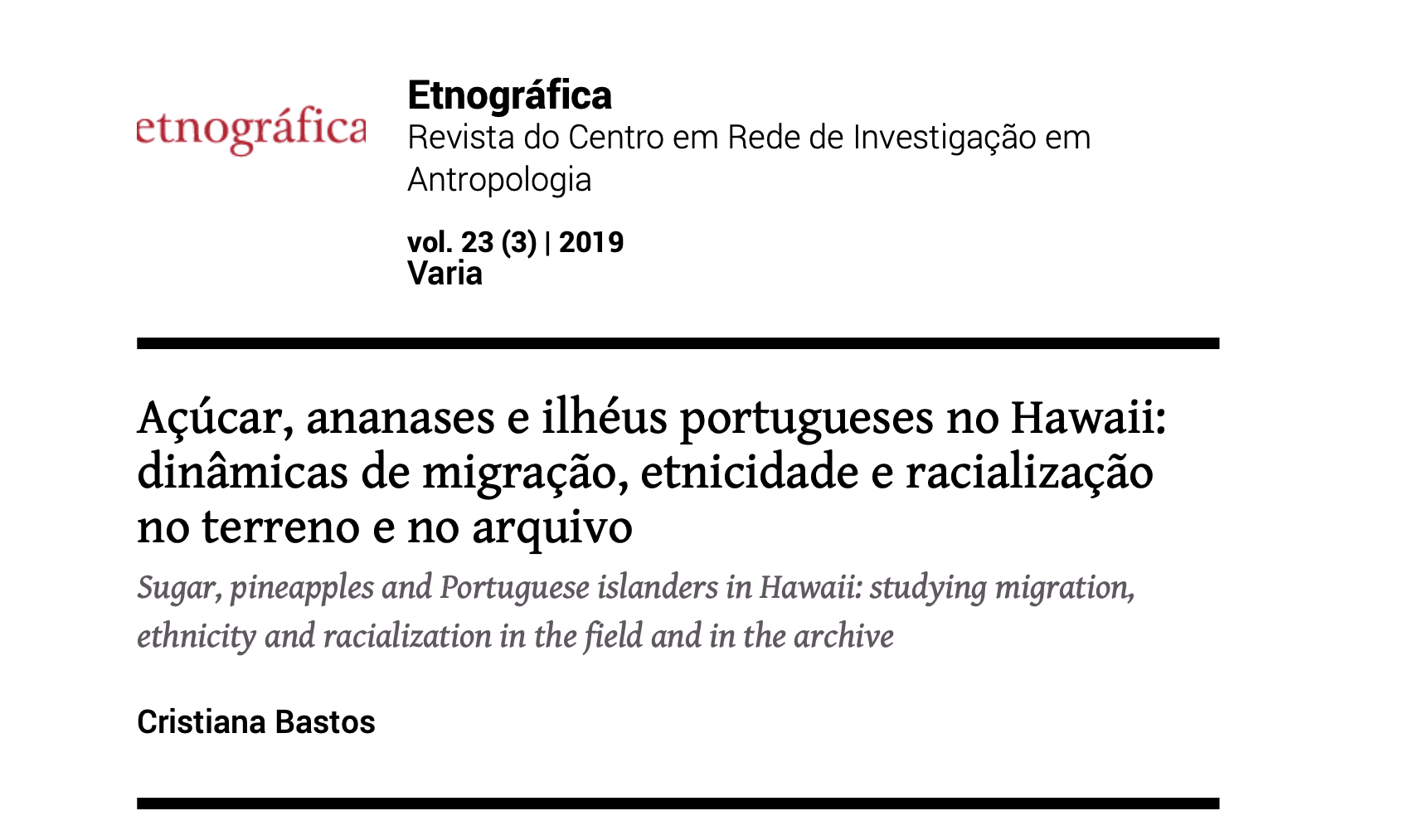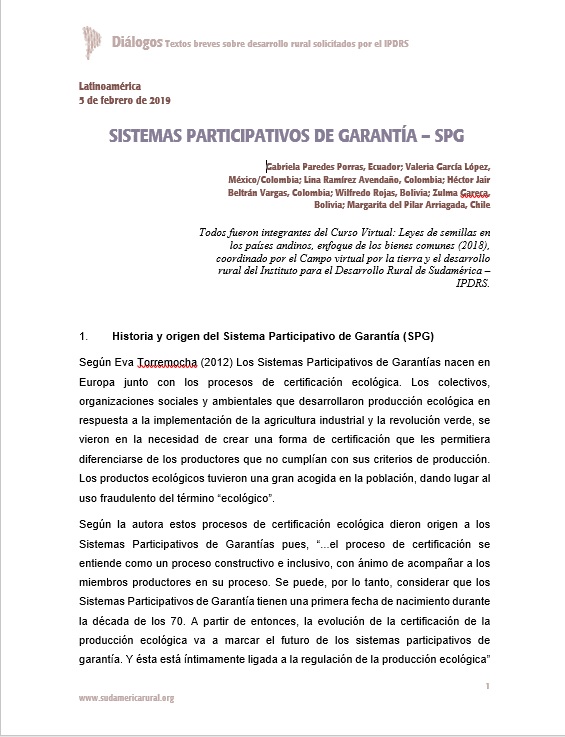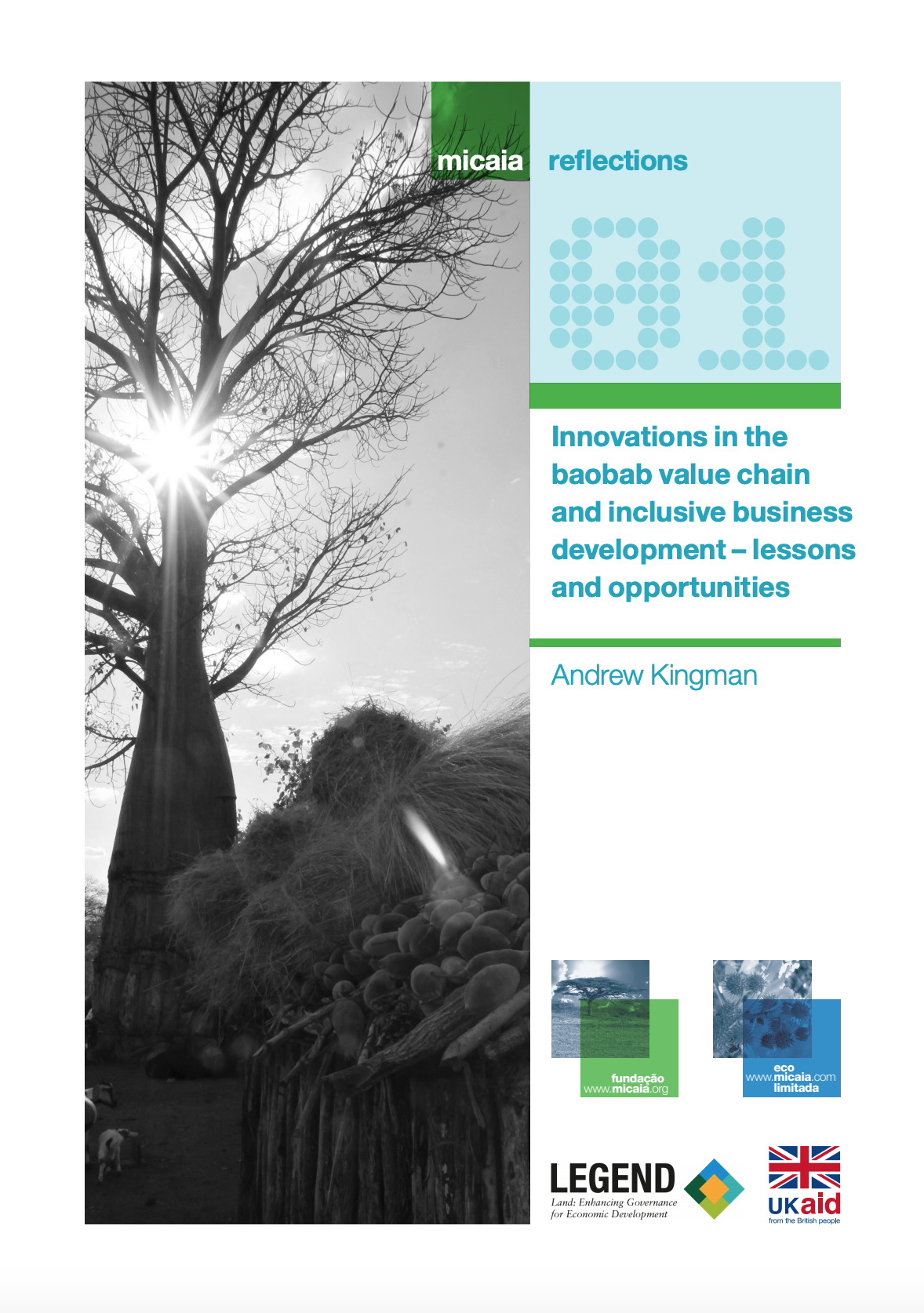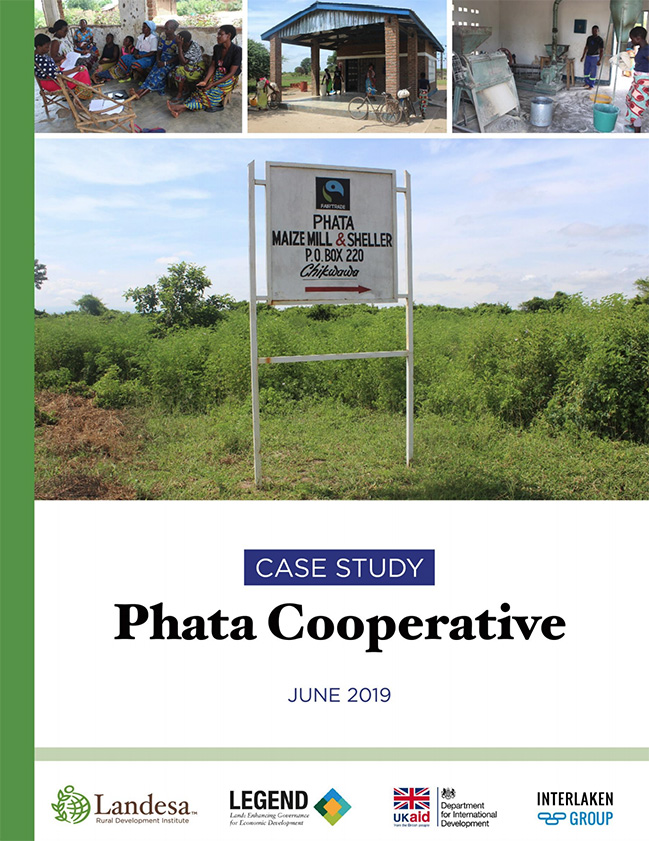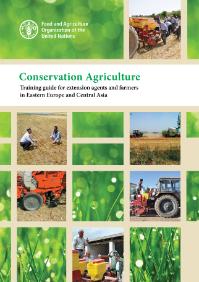This reflection paper focuses on the baobab value chain in the north of Manica Province, and specifically on the interactions between women baobab collectors and Baobab Products Mozambique (BPM), as BPM seeks to develop its inclusive business model.
For the last three years, the commercial interactions between BPM and the communities, particularly the women who collect the baobab fruit, have taken place in the context of a LEGEND-funded project implemented by Micaia Foundation. Micaia’s project sought to address two central problems:

